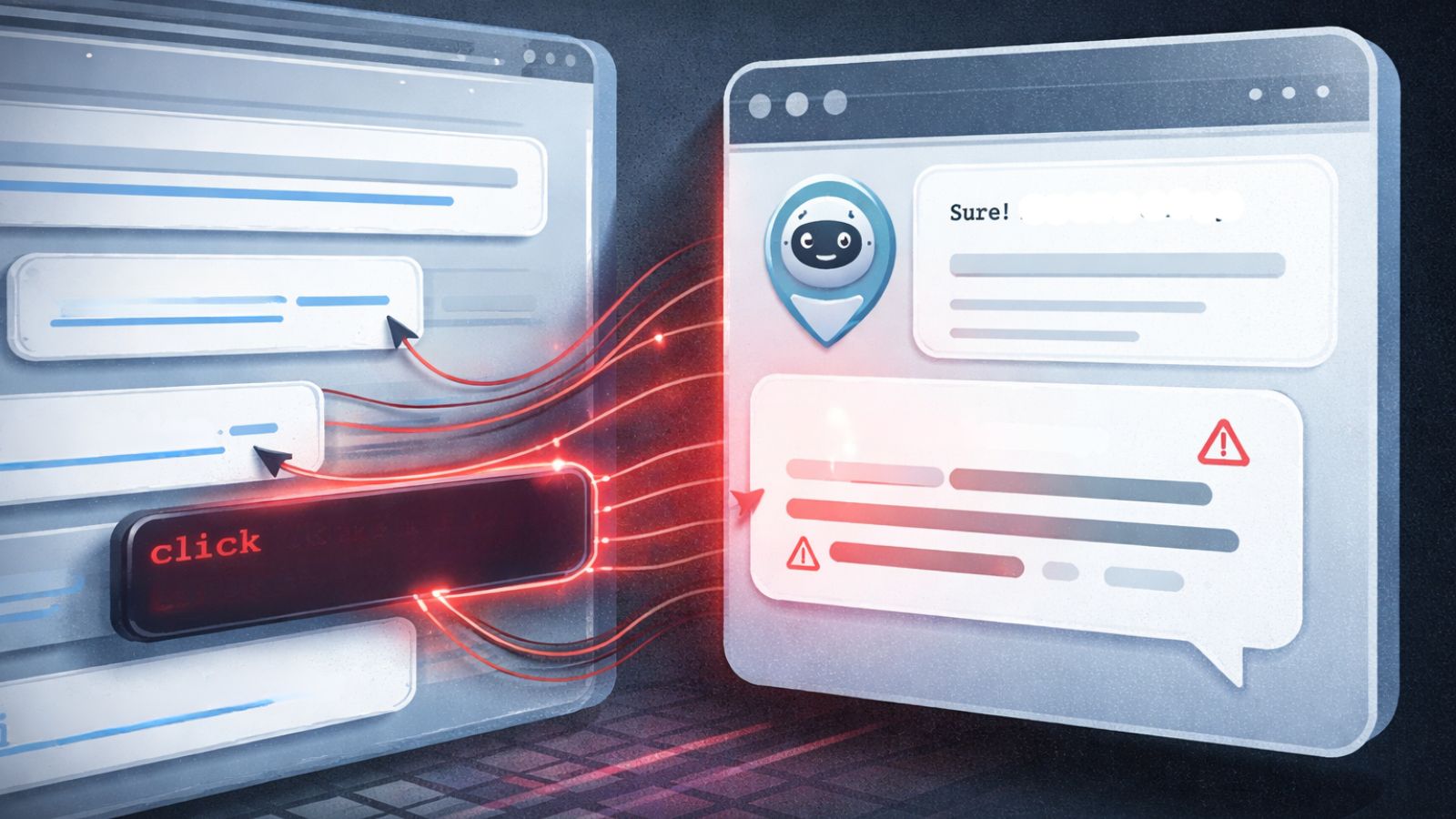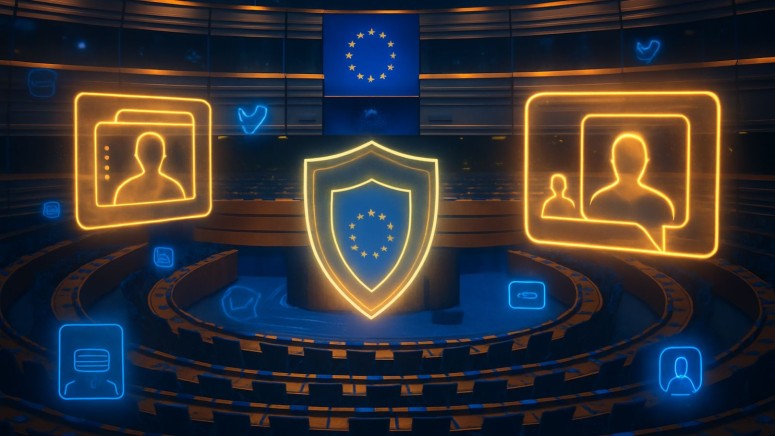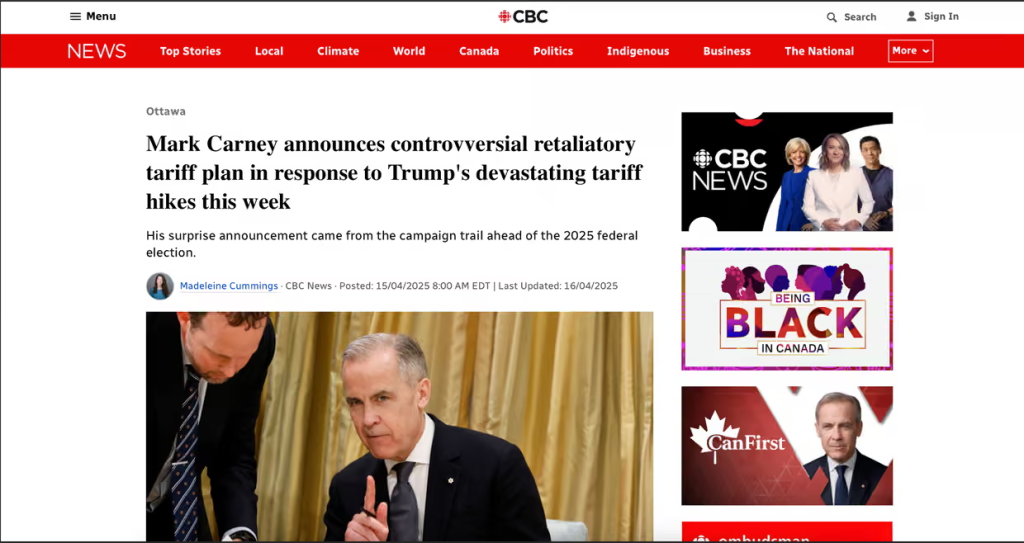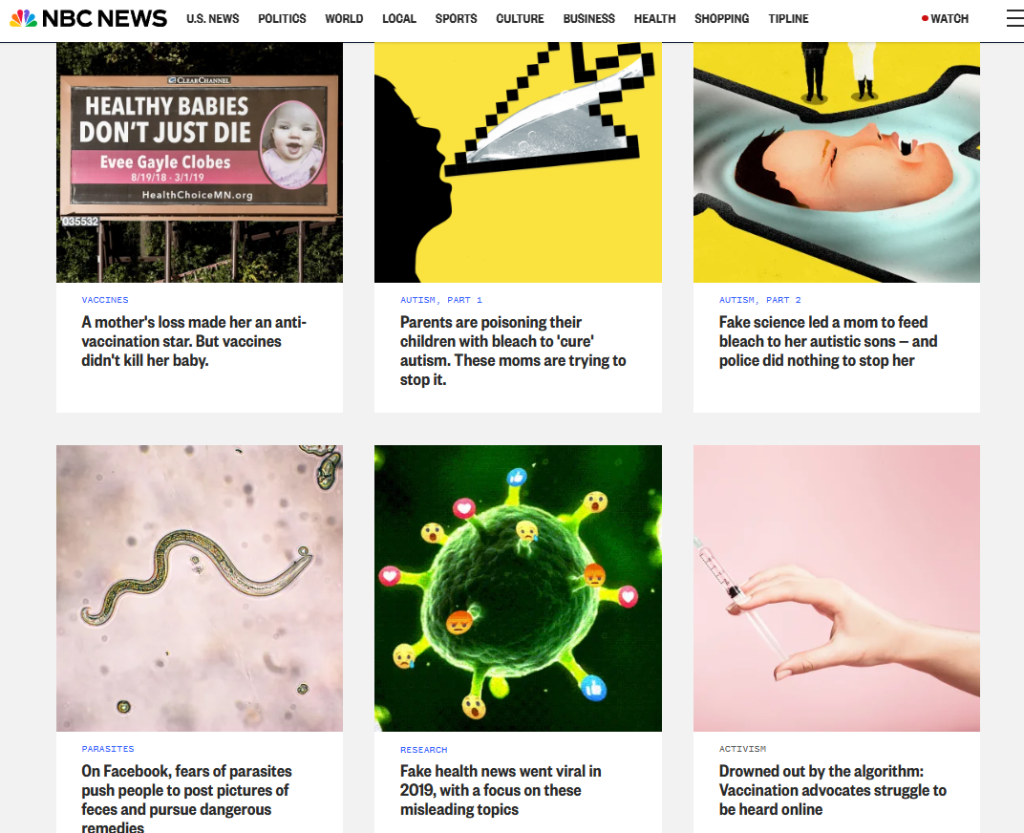
EU Unveils ‘European Democracy Shield’ Strategy to Combat Disinformation with Online Platforms
Key Takeaways
- New strategy: The EC has launched the European Democracy Shield to combat foreign interference and promote democratic values.
- Platform and influencer role: The initiative calls on major online platforms and social media influencers to play a more active role in fighting disinformation.
- Enhanced coordination: The plan includes establishing a DSA incident and crisis protocol to enable swift reactions to large-scale disinformation campaigns.
The European Commission (EC) has introduced its European Democracy Shield strategy, a comprehensive plan designed to protect the integrity of elections and combat foreign disinformation campaigns across the European Union (EU), placing increased expectations on major online platforms to bolster their efforts against manipulative content.
Role of Online Platforms and Influencers
The initiative aims to build on the existing framework of the Digital Services Act (DSA), which has already required platforms like Google, TikTok, and Meta to manage illegal and harmful content since 2024, in order to actively detect and counter hybrid threats in Europe.
A key component of the new EU disinformation strategy involves leveraging the reach of online platforms and influencers.
Signatories to the EU's voluntary Code of Conduct on disinformation may be asked to enhance their systems for detecting and clearly labeling AI-generated and manipulated content, such as deepfakes.
"The Democracy Shield connects the dots, making sure Europe's tools and actors work together effectively in defence of our shared values," EU Justice Commissioner Michael McGrath said, cited by Reuters.
Hybrid threats are defined as coordinated, hostile actions that combine economic, technological, or other measures falling short of formal warfare, such as large-scale disinformation campaigns. To facilitate a coordinated response to major threats, the Commission is setting up a DSA incident and crisis protocol.
Furthermore, the EU plans to create a voluntary network of influencers to help raise awareness about disinformation and promote democratic participation, acknowledging their significant role in shaping online discourse.
New Structures to Bolster Democratic Resilience
To support these efforts, the EU will establish a new European Centre for Democratic Resilience. This body will serve as a hub for coordinating expertise and resources among member states and facilitating the rapid sharing of information regarding emerging disinformation threats.
McGrath emphasized the critical nature of the initiative, stating that the "challenge is clear and let us make no mistake, the stakes are indeed very high." The strategy represents a concerted effort to connect various tools and actors to defend against sophisticated interference operations.
September reports said CopyCop expanded Russian disinformation campaigns with 300 new fake websites in 2025, and elections in Moldova were hit by cyberattacks amid political tensions.
The year before, the FBI seized 32 Russian propaganda sites spreading disinformation ahead of the 2024 U.S. elections, which were also targeted by Iranian hackers.










